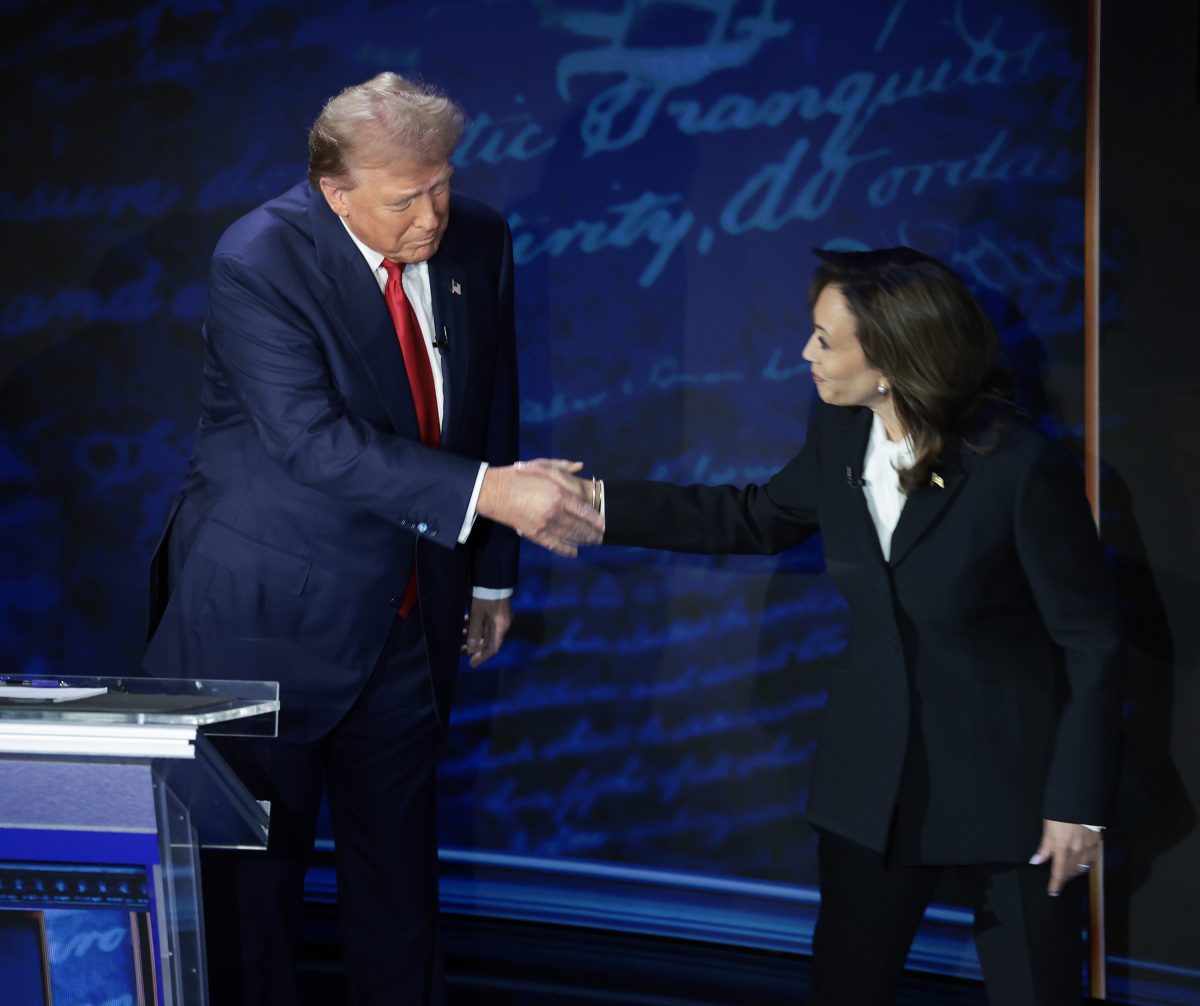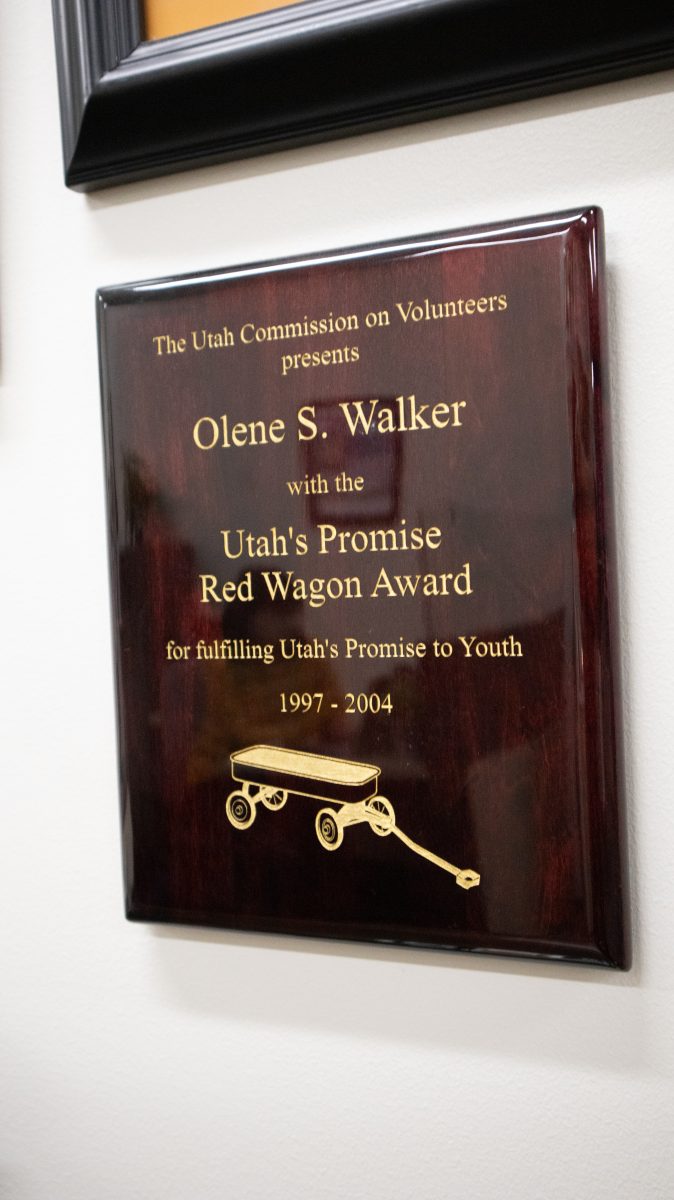A special lecture series conducted by Weber State University criminology instructor Jean Kapenda came to a close on Feb. 22. This lecture series focused on African history from pre-World War II until the present. This final installment of the lecture series was specifically focused around what occurred in Africa after World War II ended.
Before WWII, many of the countries in Africa were under the control of France, Britain and other European countries. It wasn’t until 1941 that decisions were made regarding what would happen to those African countries after WWII ended.
In August 1941, President Franklin D. Roosevelt and British Prime Minister Winston S. Churchill met aboard the U.S.S. Augusta and drafted the Atlantic Charter.
The Atlantic Charter created the guiding principles for African countries to follow while deciding on their respective forms of government. In his lecture, Kapenda highlighted three clauses in particular: the third, fourth and sixth clauses.
Clause three outlines “the right of all peoples to choose the form of government under which they will live,” and clause six states a desire to “see established a peace which will afford to all nations the means of dwelling in safety within their own boundaries.” While clause four requires African nations to create larger trade boundaries.
Following the creation of the Atlantic Charter, the Brazzaville Conference of 1944 was held under the authority of Charles de Gaulle. The goal of this conference was to bring the French colonies in Africa under de Gaulle’s control.
According to Kapenda, they also aimed to abolish forced labor, decentralize certain powers and elect local advisory assemblies.
Though the War didn’t end until 1945, the Atlantic Charter played a very important role in reconstructing once peace was agreed upon. Towards the end of WWII, the U.S. began making independence movements around the world.
“The U.S. wanted to decolonize territories in Africa and other places in the world,” Kapenda said.
They were joined by the Soviet Union and China, which proved to be a prelude to the Cold War.
The Cold War began in 1947, lasted until 1991 and brought with it many changes.
“African countries were born in a context where the world was divided into two blocks,” Kapenda said.
Political ideologies were split between the Eastern Bloc and Western Bloc, Africa became very divided and the U.S. created new policies to try and contain communism while also supporting their European allies. This also resulted in many proxy confrontations between the U.S. and Soviet Union.
After the Cold War ended on Dec. 25, 1991, changes in the African governments became more apparent.
According to Kapenda, there were four main effects. The U.S. became progressively more disengaged in African affairs, Africans began demanding for more democracy and political pluralism, China became a primary trading partner for Africa and the U.S. passed the African Growth and Opportunities Act in 2000. Since then, African populations have been booming, providing a silver lining for them.
“The best market is in Africa,” Kapenda said. “Because they have more young people.”
Kapenda plans to repeat this lecture series soon. Keep an eye out for more information.
“History is crucial to understanding the present,” Kapenda said.




